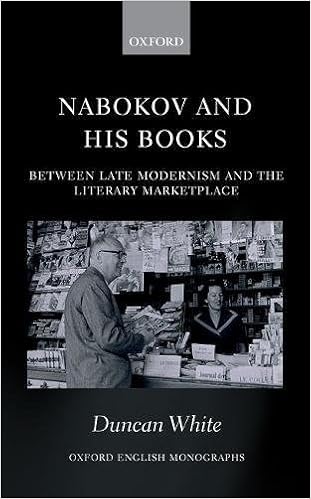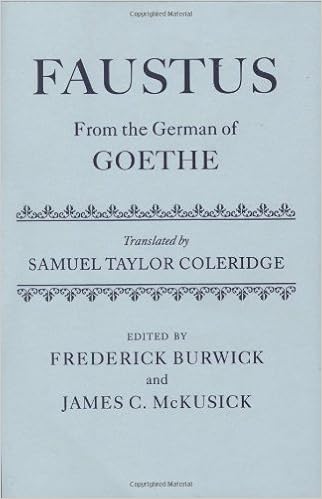
Richard Robinson examines the illustration of moving eu borders in twentieth-century narrative, drawing jointly an strange grouping of texts from varied nationwide canons and comparing a few of the ways in which fictional settings transmute ecu placelessness into narrative.
Read Online or Download Narratives of the European Border: History of Nowhere (Language, Discourse, Society) PDF
Best World Literature books
The Conquest of New Spain (Penguin Classics)
Bright, robust and soaking up, this can be a first-person account of 1 of the main startling army episodes in historical past: the overthrow of Montezuma's doomed Aztec Empire through the ruthless Hernan Cortes and his band of adventurers. Bernal Díaz del Castillo, himself a soldier lower than Cortes, offers a fascinatingly certain description of the Spanish touchdown in Mexico in 1520 and their amazement on the urban, the exploitation of the natives for gold and different treasures, the expulsion and flight of the Spaniards, their regrouping and eventual trap of the Aztec capital.
On the outbreak of the second one international warfare Vladimir Nabokov stood on the point of wasting every little thing another time. The recognition he had outfitted because the pre-eminent Russian novelist in exile used to be imperilled. In Nabokov and his Books, Duncan White exhibits how Nabokov went to the USA and never in basic terms reinvented himself as an American author but in addition used the luck of Lolita to rescue these Russian books that have been threatened by way of obscurity.
Faustus From the German of Goethe Translated by Samuel Taylor Coleridge
The key paintings of German literature, Johann Wolfgang von Goethe's Faust (1808), was once translated into English through one among Britain's so much able mediators of German literature and philosophy, Samuel Taylor Coleridge. Goethe himself two times spoke of Coleridge's translation of his Faust. Goethe's personality wrestles with the very metaphysical and theological difficulties that preoccupied Coleridge: the that means of the emblems, the obvious competition of theism and pantheism.
Gotthold Ephraim Lessing: His Life, Works, and Thought
Gotthold Ephraim Lessing (1729-1781) is the main eminent literary determine of the German Enlightenment and a author of eu value. His diversity of curiosity as dramatist, poet, critic, thinker, theologian, philologist and masses else along with used to be resembling that of Voltaire, Diderot, and Rousseau, with all of whose rules he engaged.
Additional resources for Narratives of the European Border: History of Nowhere (Language, Discourse, Society)



